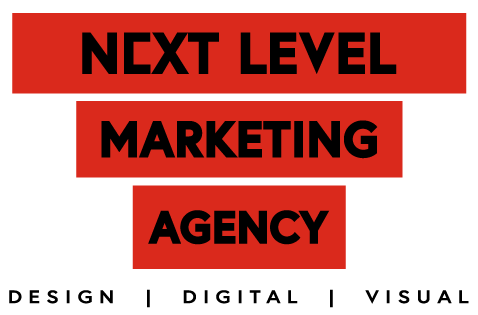Here’s the thing – a lot of businesses entering the new year will be looking to hit the ground running with their website.
Whether this is you or something you are looking at doing in the future, ensuring your website is built to be exactly what is needed for your business remains a key priority.
With 51% of people saying they use Google to research a purchase they plan to make online, ensuring your website is up-to-date and optimised has never been more important.
With that being said, here are 7 Questions to ask before investing in a new website.
1. Why do you want a new website?
Maybe your current website isn’t performing optimally? Perhaps the design needs to be re-evaluated or maybe you don’t have a website at all.
Ensuring your business has a strong digital presence is integral for any business in the modern era. Introducing your customers to new services and providing them with updates are two things that are made easier by investing in a new website. Once a website is in place, you can begin to drive customer loyalty and retention for your brand.

2. What business goals do you want to achieve with your website?
In essence, what do you want your website to do? Your website is an outlet that will promote your business, services or products 24/7.
Consider what function a website plays within your business – what goals it achieves. If it’s establishing authority within your sector, consider a content and resource strategy to display your knowledge within your industry whilst improving your organic ranking.
3. What’s wrong with your current website?
Once you’ve ascertained the reason and purpose for your new website, it’s important to distinguish the changes you want to make from your current website. There is the possibility that you can ‘relaunch’ your website or implement changes over a period of time with a Growth Driven Design (GDD) model.
If you believe a new website is the way to go, what features do you like and dislike from the current site? This will help determine the structure of your new site and the areas of improvement you can make before going engaging with your Marketing Agency.

4. What services do you want to prioritise?
With the basics out of the way, now it’s time to understand what services you want to prioritise. These will be prominent on your home page, as well as being clear in your navigation.
By identifying your core proposition, you can begin to construct your site map and understand where each product/service sits on your website. If you have a specific offer you are looking to promote, make sure this is prominent on the most visited parts of your website (i.e. your Home page) as this creates a greater chance of conversion.
5. How can you optimise your website for Lead Generation?
Ensuring your website can generate leads is a vital part of any website development. Put yourself in your customers shoes and ask, “Why would I buy from this business?”
If you can’t find a reason, then it may be time to look at your conversion path and optimising your customer touchpoints, ensuring they’re up to date. If you’re promoting an offer, create a landing page to really target your users’ pain points. This can help enable your website becomes a lead generation machine.
Pay Per Click, commonly referred to as PPC, is another quick way to generate leads for your website and be found more easily. By promoting your website this way, you can begin to see an increase in traffic from people with similar interests and industries to your audience fairly instantly when managed correctly and coupled with the right level of budget.
Explore how we can maintain and optimise your website for lead generation.
6. Do you have a clear Customer Journey?
Understanding the route your customer takes to get to the desired conversion point is crucial to ensuring your website generates good leads. Tools such as Google Analytics can track these users and help you identify the path their audience makes throughout their website.
By utilising these tools, you can determine the steps needed to bring your customers to the desired page. By understanding the quickest and most efficient route to maximising conversion of your users, you should then see leads coming through your website organically.
7. What keywords are you targeting with your website?
Completing your keyword and SEO research is vital to ensuring your website garners organic traffic. By creating a website with no keyword strategy, it is as if you’re shouting about your business in the middle of the woods, you just won’t be found… so forget about being on Page 1.
Preparing a list of keywords that you can rank for, that are relevant to your business is crucial to ensuring your website is found. Consider creating a blog section on your website where you can talk about trending topics, your industry and loading them with keywords.
If you’ve considered all these questions and have a clear strategy in place for a new website – great! You’re ready to get started.
If you find yourself struggling to answer any of these questions, we’re here to help.
We can help take your website to the next level and make sure that the end result is not only high quality, but high performing too.
Discover our Website Design and Management Services to see how we can help you project.



